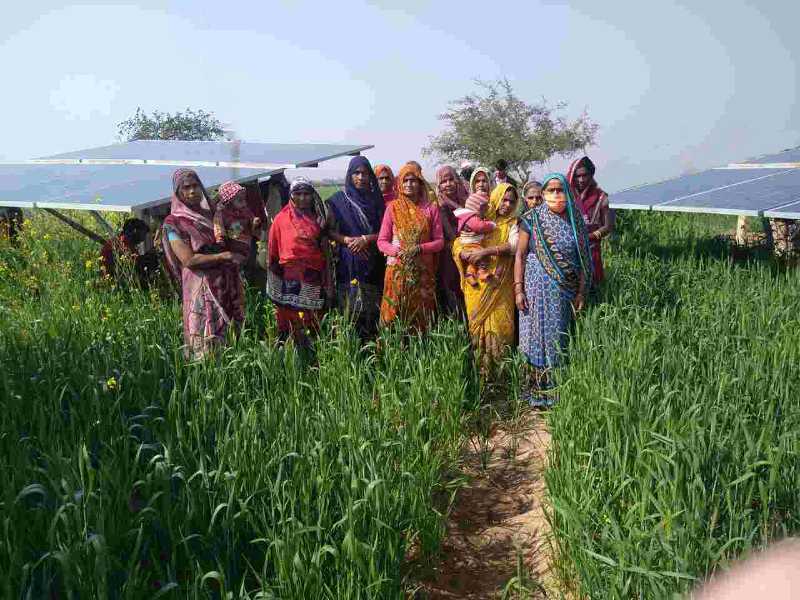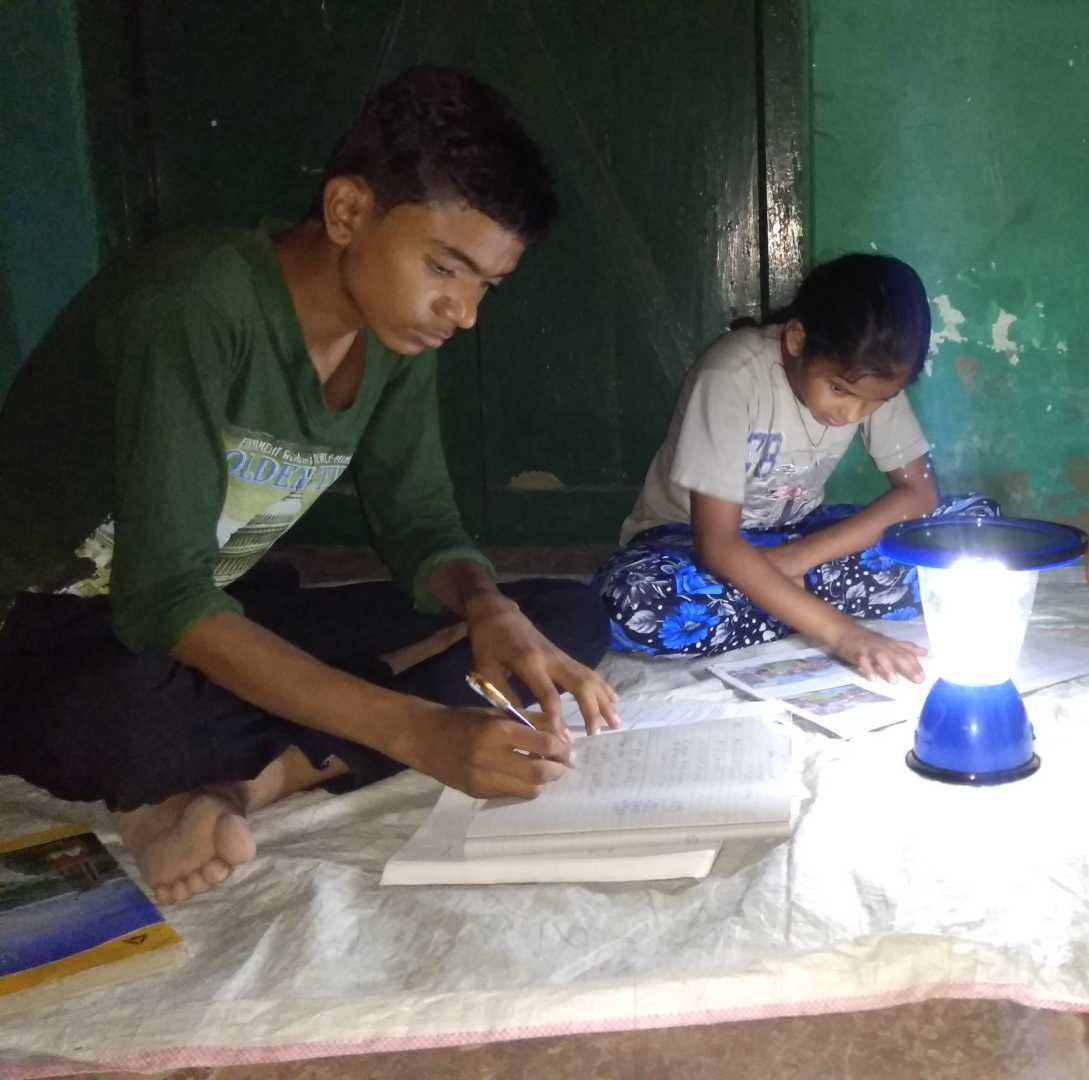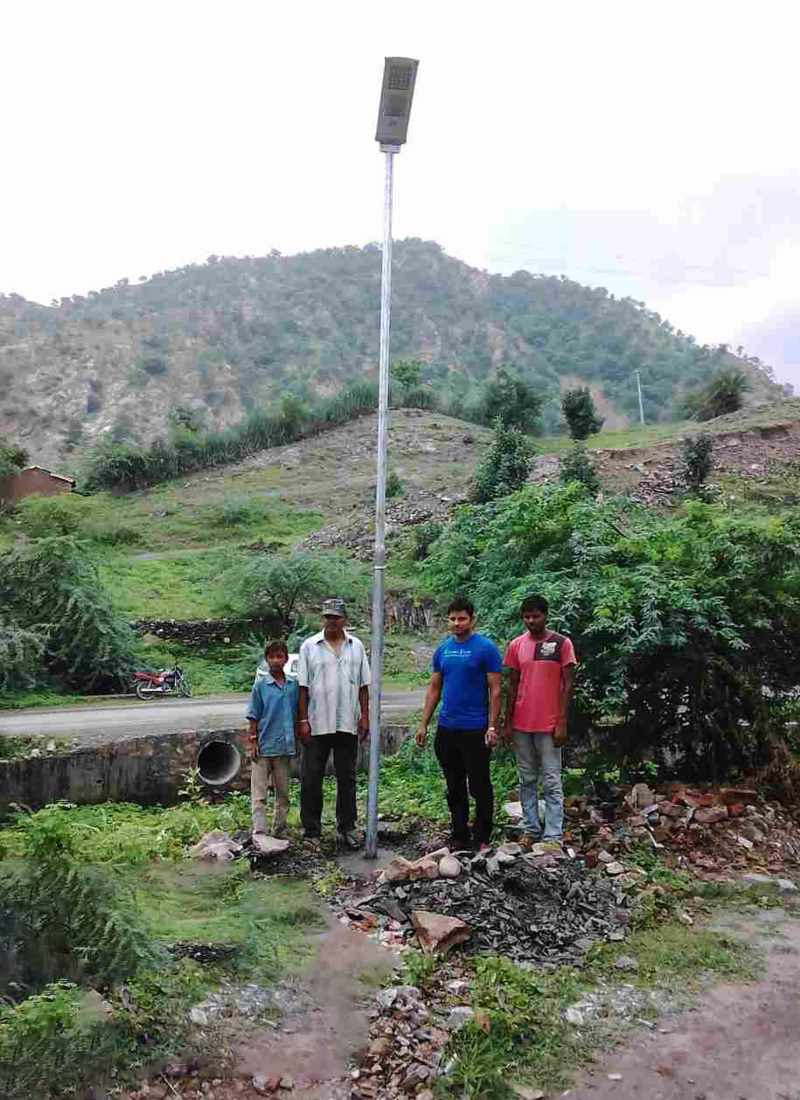Solar Energy: Reducing Carbon Emission
Fossil fuels are increasingly resulting in climate change and environmental degradation and are likely to be exhausted in the future. It is high time for the world to tap green and clean energy. Sustainable development goal 7 aims to increase the usage of renewable energy.
Manjari’s actions are aligned with a sustainable goal- Affordable and Clean Energy and we are well verge with the reality of energy issues in rural areas. Manjari is filling in these voids by installing solar energy-driven water pumps in several areas of our intervention under several projects.
The major interventions are facilitating solar-based irrigation pumps, solar lights helping kids, and families at night hours, and also installing street lights in remote villages. Solar-based solutions can provide reliable, cost-effective, and environmentally sustainable energy for decentralized irrigation services. Solar energy has no greenhouse gas emissions on the environment which contribute to climate mitigation.
Rural electrification and access to renewable energy, have multiple impacts on life and livelihoods. It also reduces costs in the long run.
Our Interventions

Facilitating farmers to adopt renewable irrigation methods, where based irrigation systems have been installed, which are helping farmers to access irrigation with low cost and emission free as well.

Facilitating families to access the solar lights which are very useful for kids to study during night hours and also useful for families for cooking and other works i.e. farmers visit on farms etc.

Installed street lights in remote hamlets where there is no electricity, which is helping villagers for safe passage during the night.



